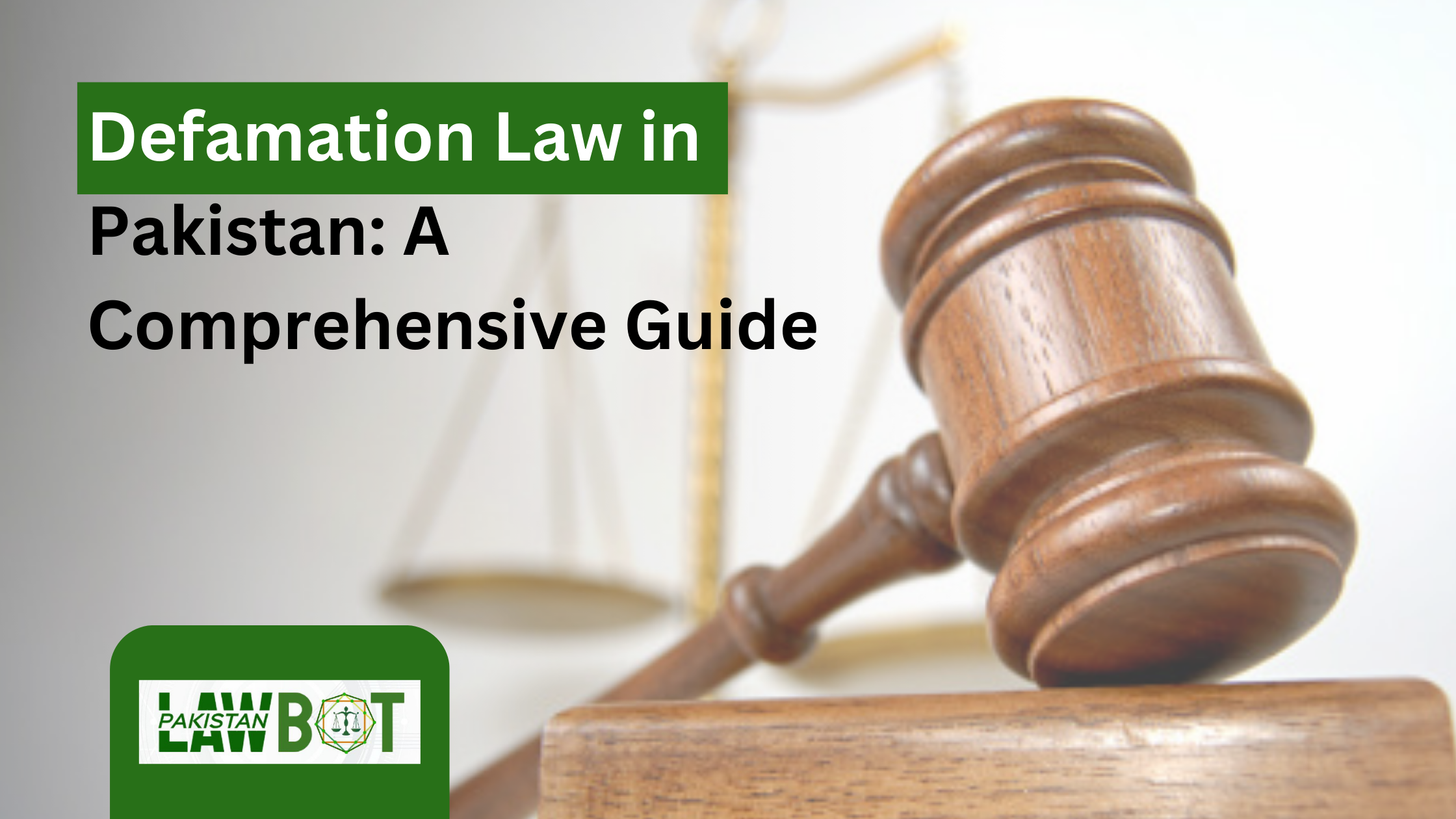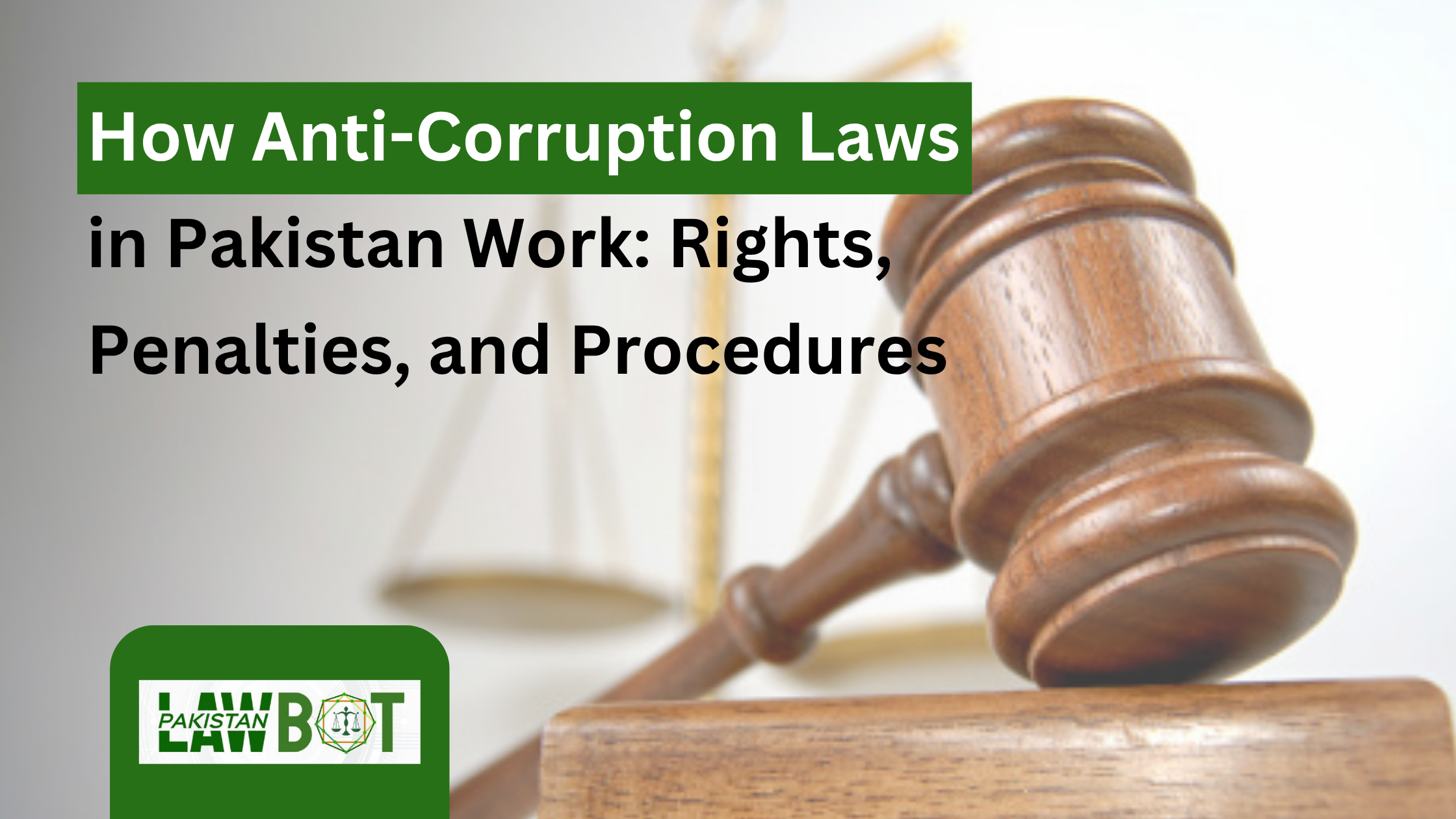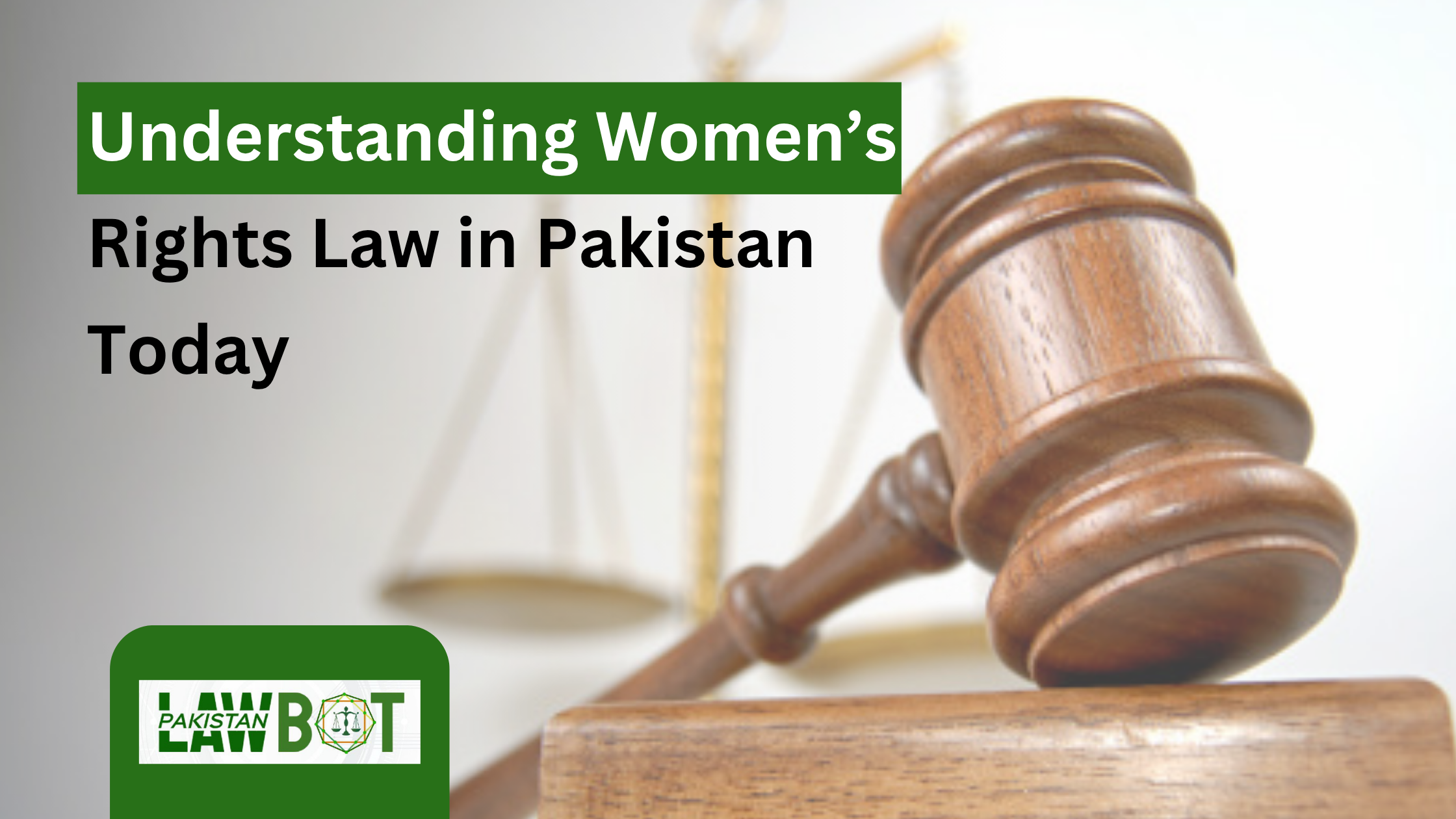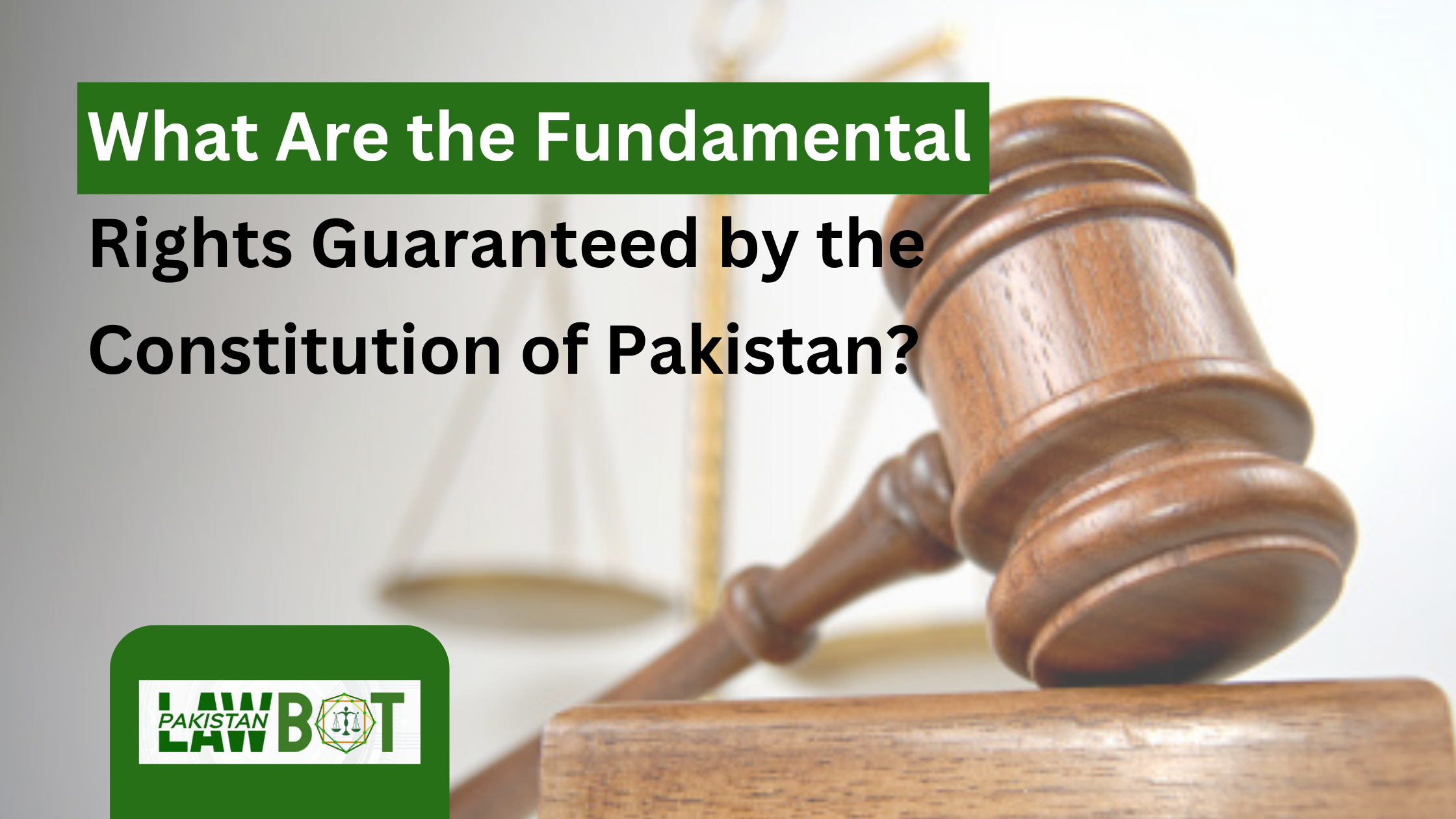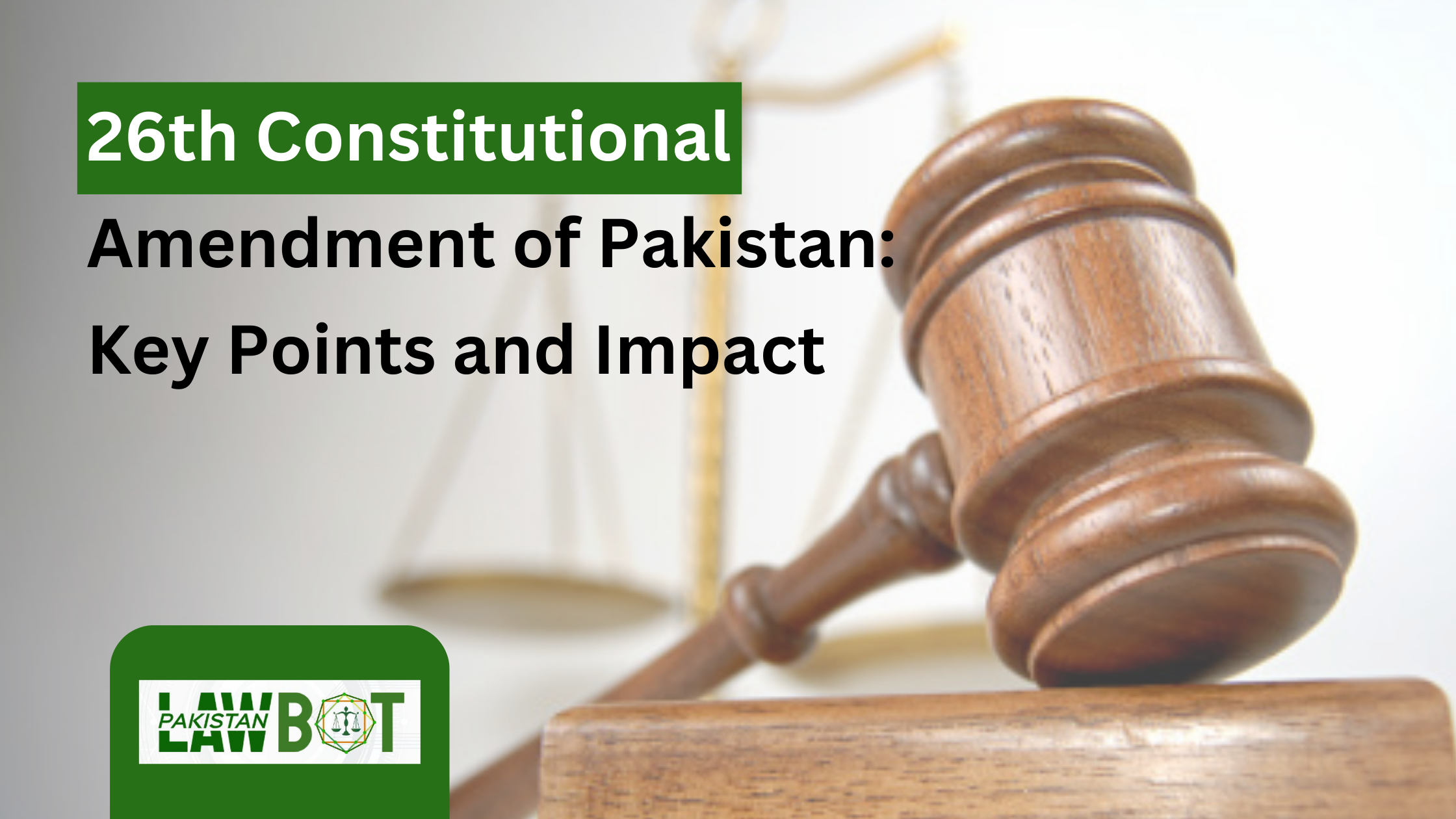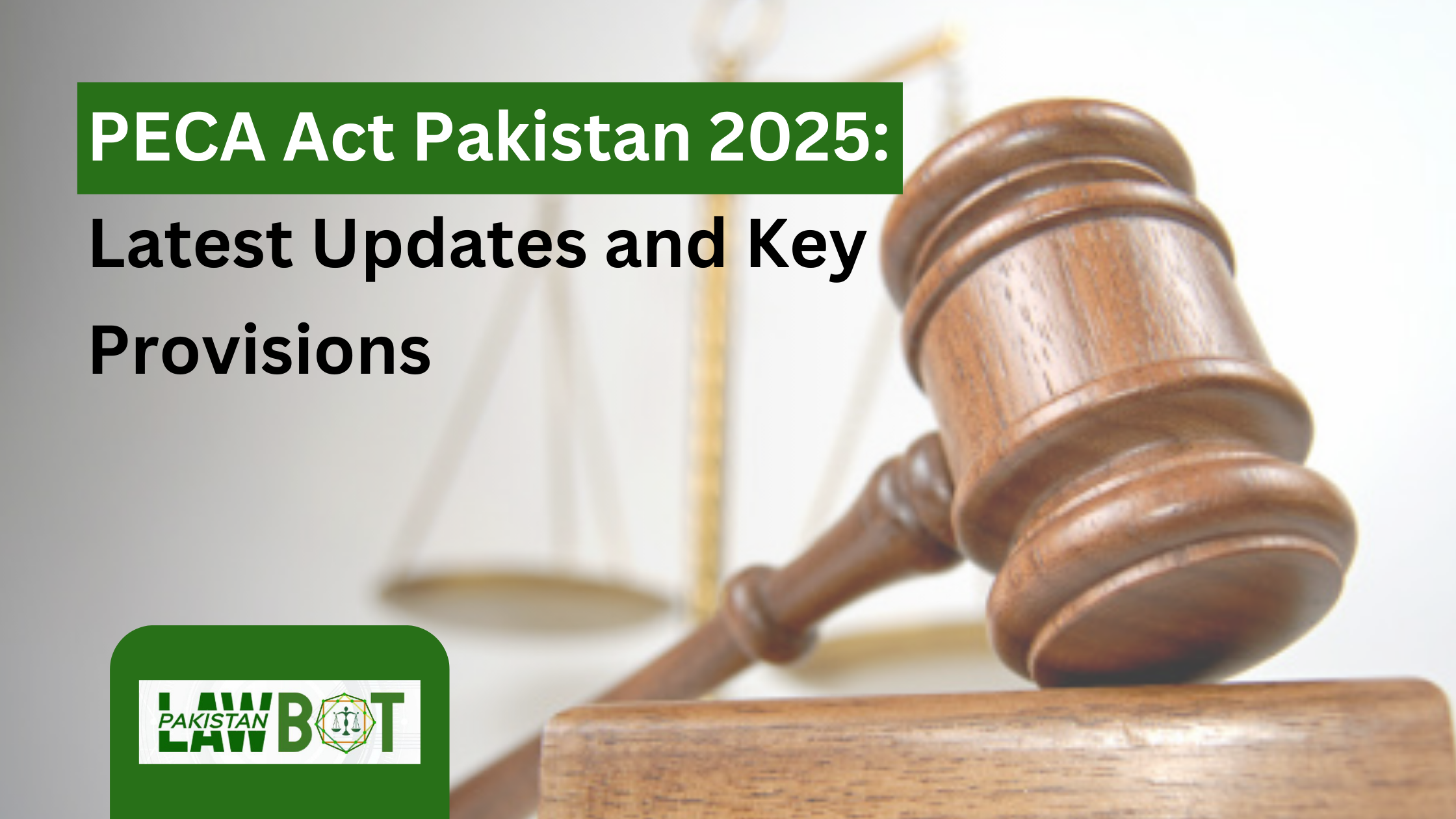Defamation has always been a sensitive subject in every society. In Pakistan, where personal honor, social standing, and reputation carry immense value, defamation is considered not only a moral offense but also a legal one. The Defamation Law in Pakistan provides a structured mechanism to address false accusations, defamatory statements, and reputation-damaging remarks made against individuals or institutions.
This article explores the origins, scope, and legal procedures surrounding defamation in Pakistan. It also highlights how individuals and organizations can protect themselves under the law while balancing freedom of speech.
What is Defamation?
Defamation refers to any false statement communicated to others that harms the reputation, credibility, or character of an individual or entity. In simple words, if someone spreads lies that damage your public image, it is defamation.
In Pakistan, defamation is broadly classified into two categories:
-
Libel: Written or published false statements.
-
Slander: Spoken or verbal defamatory remarks.
Both are considered serious under the law, but written defamation often carries more weight since it leaves permanent evidence.
Historical Background of Defamation Law in Pakistan
The legal foundation of defamation in Pakistan stems from colonial laws introduced by the British during the pre-partition era. Over time, Pakistan formulated its own framework to deal with such issues.
The Defamation Ordinance 2002, enacted during General Pervez Musharraf’s era, remains the primary law addressing defamation. Before this, the Pakistan Penal Code (PPC) and Civil Procedure Code were the main tools for addressing such cases. The 2002 Ordinance streamlined procedures and penalties, making defamation a recognized civil wrong and, in certain cases, a criminal act.
Defamation Ordinance 2002 – Key Features
The Defamation Ordinance 2002 is the backbone of defamation law in Pakistan. Some of its key highlights include:
Definition of Defamation under the Ordinance
According to the law, defamation includes any false statement made orally, in writing, or through visual representation that harms a person’s reputation.
Right to File a Suit
Any individual or institution whose reputation is harmed can file a defamation case in a civil court.
Compensation and Damages
The court may award financial compensation to the victim if defamation is proven. The amount is not fixed and depends on the severity of harm caused.
Defenses Available
Not every negative statement qualifies as defamation. The law provides defenses such as:
-
Truth: If the statement is factually correct.
-
Fair Comment: Honest opinions expressed in good faith.
-
Privilege: Statements made in official or judicial proceedings.
Timeline for Proceedings
The Ordinance requires cases to be decided within 90 days of filing. However, due to backlog and delays in courts, this timeline is rarely followed in practice.
Criminal Defamation under the Pakistan Penal Code
Besides the 2002 Ordinance, the Pakistan Penal Code (PPC) also treats defamation as a criminal offense. Section 499 of the PPC defines defamation, while Section 500 prescribes punishment.
Section 499 – Definition
This section provides an elaborate definition of defamation, covering both spoken and written words, as well as signs or representations.
Section 500 – Punishment
Anyone found guilty can face imprisonment for up to two years, a fine, or both.
This dual mechanism—civil and criminal—makes defamation law in Pakistan stricter compared to many countries where it is only a civil matter.
The Role of Digital and Social Media in Defamation
With the rise of social media platforms like Facebook, X (formerly Twitter), Instagram, and YouTube, defamation has become more complex. Online posts, tweets, or viral videos can damage reputations within seconds.
To address this, the Prevention of Electronic Crimes Act (PECA) 2016 was introduced. It criminalizes cyber defamation, where false information spread online can lead to strict penalties, including imprisonment.
This shows how Pakistan’s legal framework is adapting to modern challenges, recognizing that reputations can be harmed not just offline but also in the digital world.
Challenges in Defamation Law Implementation
Although Pakistan has clear laws regarding defamation, implementation faces several challenges:
Delays in Court Proceedings
Despite the Ordinance’s promise of quick resolution, defamation cases often drag on for years.
Abuse of Law
At times, powerful individuals use defamation laws to silence journalists, whistleblowers, or critics, raising concerns about misuse.
Balancing Free Speech
The right to reputation must be balanced with the constitutional right to freedom of expression. Excessive restrictions can discourage healthy debate and criticism in society.
Defamation Cases in Pakistan – Notable Examples
Several high-profile defamation cases in Pakistan have shaped public debate:
-
Politicians often file defamation cases against rivals for allegations made during election campaigns.
-
Media houses and journalists frequently face lawsuits for investigative reports.
-
Corporations sometimes pursue cases to protect their brand reputation against false claims.
These cases highlight how defamation law serves both as a shield for the innocent and, at times, as a weapon against critics.
How to File a Defamation Suit in Pakistan
If someone has made a defamatory statement against you, here is a general process for filing a case:
-
Gather Evidence: Collect proof such as written statements, recordings, or online posts.
-
Hire a Lawyer: Legal expertise is crucial in navigating complex defamation cases.
-
Send a Legal Notice: Before approaching the court, a legal notice is usually sent to the offender.
-
File the Case: Submit the case in the appropriate civil court under the Defamation Ordinance 2002 or file a criminal complaint under the PPC.
-
Court Proceedings: Attend hearings, present evidence, and await judgment.
Remedies and Punishments
Depending on the case, the court may provide remedies such as:
-
Monetary Compensation: Payment of damages to the victim.
-
Public Apology: Sometimes the offender is ordered to apologize publicly.
-
Imprisonment: In criminal defamation, jail terms may apply.
Preventing Defamation – Best Practices
To avoid unintentionally committing defamation, consider the following practices:
-
Verify facts before making public statements.
-
Avoid personal attacks, especially on social media.
-
Use respectful language when expressing criticism.
-
If in doubt, consult legal advice before publishing sensitive content.
The Future of Defamation Law in Pakistan
Pakistan’s defamation law continues to evolve with societal and technological changes. With the growing influence of digital media, stricter laws and clearer guidelines are expected in the future. However, lawmakers must ensure that these regulations do not compromise freedom of speech.
An ideal balance would be a system that punishes malicious falsehoods while protecting honest criticism and public debate.
Conclusion
Defamation law in Pakistan plays a crucial role in safeguarding personal honor and reputation while addressing the challenges of misinformation. Through the Defamation Ordinance 2002, the Pakistan Penal Code, and cybercrime laws like PECA 2016, individuals have legal remedies against false accusations and damaging statements.
However, the effectiveness of these laws depends on fair implementation, timely justice, and a balanced approach that respects both reputation and free expression.
In today’s digital era, where information spreads rapidly, awareness of defamation law is more important than ever—for individuals, businesses, and institutions alike.

